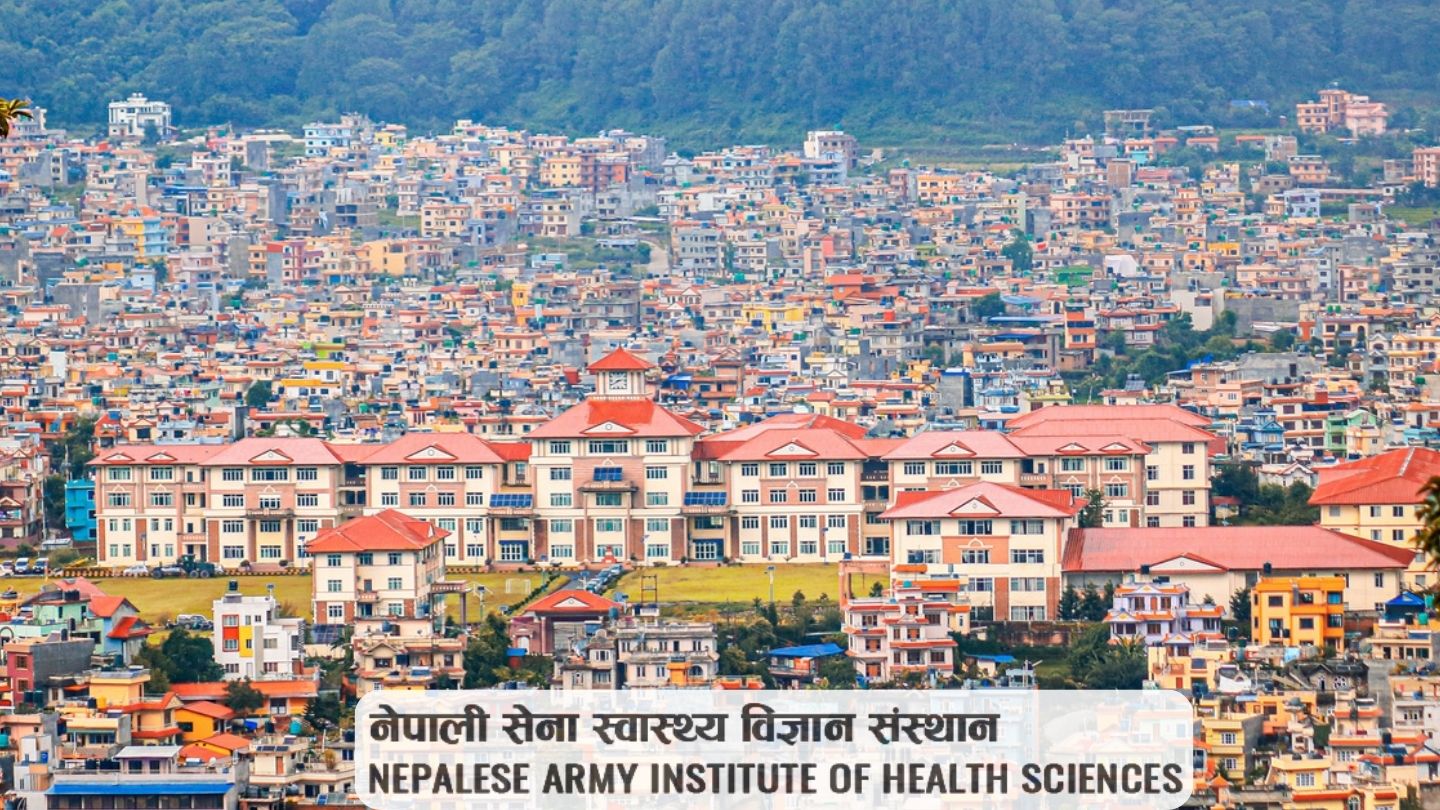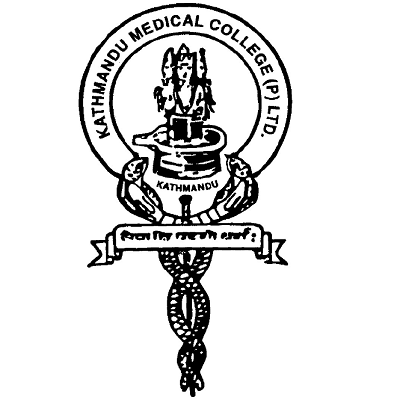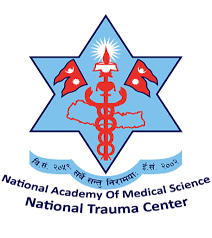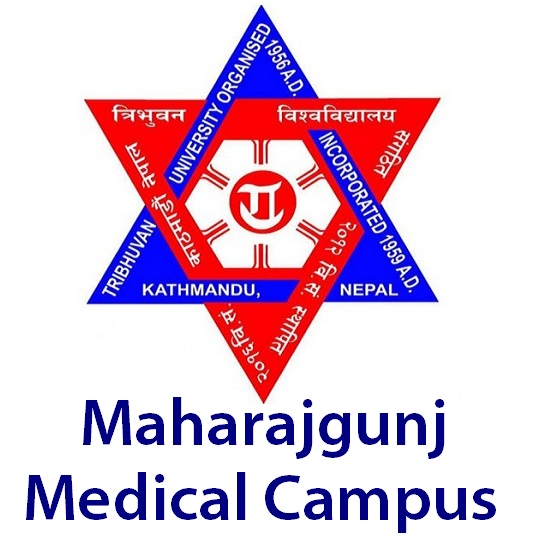Overview
MCh Urology at Nepalese Army Institute of Health Sciences – College of Medicine
MCh Urology at Nepalese Army Institute of Health Sciences – College of Medicine (NAIHS-COM), Sanobharyang, Bhandarkhal, Kathmandu, is a three-year super-speciality surgical residency under Tribhuvan University, Institute of Medicine (IOM). The programme focuses on advanced training in the diagnosis, surgical management, and follow-up of urological disorders in adults and children.
NAIHS-COM runs MCh Urology within its DM/MCh cluster, alongside DM Cardiology and DM Critical Care Medicine. The college prospectus and the official NAIHS website list Urology as an approved MCh programme, with the start date on 2nd Mangsir 2081 B.S. and a very small early intake that includes one MCh Urology trainee.
Training takes place mainly at Shree Birendra Hospital (SBH), a 635-bed tertiary, central, and referral hospital of the Nepal Army located in Chhauni. SBH provides medical, surgical, emergency, diagnostic, and rehabilitation services to army personnel, their families, and civilian staff. This clinical environment gives MCh residents continuous exposure to a broad range of urological conditions, from stone disease and lower urinary tract obstruction to urological cancers and complex reconstructive cases.

Program Highlights
-
Degree: Master of Chirurgiae (MCh) in Urology
-
Level and nature: Super-speciality residency after MS General Surgery or equivalent
-
Duration: 3 years full-time, as per IOM and national DM/MCh regulations
-
Affiliation: Tribhuvan University, Institute of Medicine
-
Teaching hospital: Shree Birendra Hospital (SBH), 635-bed tertiary facility in Chhauni, Kathmandu
-
Approval: Listed as an approved MCh programme of NAIHS, alongside DM Cardiology and DM Critical Care Medicine
-
Seat: 1 MCh Urology seat at NAIHS-COM in the current DM/MCh seat block (subject to periodic MEC seat distribution)
Curriculum Details
MCh Urology at NAIHS-COM follows the super-speciality framework of IOM and national DM/MCh regulations approved by Nepal Medical Council (NMC). The programme builds on the foundation of MS General Surgery and gradually moves residents toward independent urological practice.
Key academic domains include:
-
General urology: evaluation and management of lower and upper urinary tract symptoms, stone disease, benign prostatic enlargement, urinary infections, and obstructive uropathy.
-
Urological oncology: cancers of kidney, ureter, bladder, prostate, testis, and penis; staging, operative options, and follow-up strategies.
-
Paediatric urology: congenital anomalies, vesicoureteral reflux, paediatric stone disease, and other conditions that require specialised surgical care.
-
Reconstructive and functional urology: urethral stricture disease, incontinence, fistula management, and complex lower tract reconstruction.
-
Andrology and male infertility: evaluation of male reproductive health, varicocele, obstructive causes of infertility, and related procedures.
-
Renal transplant and dialysis-related urology, in centres where such services exist, in line with IOM and NMC standards.
In addition to operative and clinical exposure, residents attend structured teaching sessions on urological imaging, pathology, pharmacology relevant to urology, research methods, and biostatistics. The NMC regulations for DM/MCh programmes require thesis work and at least one original research publication in a national or international journal before the final examination, and NAIHS adheres to these expectations.
Training Objectives
Consistent with national DM/MCh goals, MCh Urology at NAIHS-COM aims to:
-
Produce urologists who can provide safe, evidence-based subspeciality care in a tertiary-level setting.
-
Build confidence in diagnosing and managing common and complex urological conditions in adults and children.
-
Develop competence in a wide range of open and endoscopic operations, following TU and NMC standards.
-
Encourage critical appraisal of literature, participation in research, and contribution to academic urology in Nepal.
-
Prepare surgeons who can plan, organise, and supervise urology services within hospital systems, including military and civilian settings.
Scope
Urological disease in Nepal includes high burdens of stone disease, infections, trauma, and malignancy, often presenting late in hospital settings. Research from urology departments under IOM and other institutions in Nepal highlights steady surgical workloads for kidney stones, renal tumours, urethral strictures, and paediatric urolithiasis.
Graduates of MCh Urology from NAIHS-COM can work as:
-
Consultant urologists in tertiary hospitals (government, defence, university, or private).
-
Faculty members in medical colleges that run MBBS, MD/MS, and DM/MCh programmes.
-
Urology leads or team members in stone centres, oncology units, and transplant services where operational.
-
Contributors to national guidelines, training workshops, and research projects on urological health in Nepal.
Learning Outcomes
By completion of the three-year programme, an MCh Urology resident at NAIHS-COM is expected to:
-
Take a structured urological history and perform focused examinations for a wide range of presentations.
-
Select and interpret investigations such as ultrasound, CT, MRI, uroflowmetry, and endoscopic findings in line with clinical questions.
-
Plan and conduct peri-operative care for elective and emergency urological procedures, under appropriate supervision during training.
-
Manage urological emergencies such as obstructive uropathy with sepsis, testicular torsion, acute retention, and trauma involving the urinary tract.
-
Discuss management plans clearly with patients and families, including risks, benefits, and realistic expectations.
-
Present cases, audits, and research findings in departmental meetings, national conferences, or peer-reviewed journals.
Skill Development
Skill development in MCh Urology at NAIHS-COM follows the principles laid out in national DM/MCh guidelines, which emphasise graded responsibility and supervised operative exposure.
Residents gradually strengthen skills in:
Diagnostic skills
-
Flexible and rigid endoscopy of the lower urinary tract.
-
Image interpretation in collaboration with radiology and nuclear medicine departments.
Operative skills
-
Open urological procedures for kidney, ureter, bladder, prostate, scrotum, and urethra.
-
Endoscopic and minimally invasive procedures, as available at SBH and affiliated centres, following TU and NMC requirements.
Peri-operative and ICU-related skills
-
Post-operative care, fluid and electrolyte management, pain control, and early recognition of complications.
-
Coordination with anaesthesia, critical care, nephrology, oncology, and radiology teams.
Academic and professional skills
-
Preparation of research protocols, data collection, analysis, and thesis writing.
-
Teaching of undergraduate and postgraduate learners in clinical settings.
Teaching-Learning Approach
NAIHS-COM describes DM/MCh programmes as intensive residency-style training integrated into daily hospital services at Shree Birendra Hospital.
For MCh Urology, teaching-learning activities typically include:
-
Daily ward rounds and outpatient clinics with faculty members.
-
Regular operation theatre lists with pre-operative planning and post-operative discussions.
-
Case presentations, topic seminars, morbidity and mortality meetings, and joint tumour boards where available.
-
Journal clubs and review of current literature in urology and related fields.
-
Participation in institutional academic events, including activities linked to the Medical Journal of Shree Birendra Hospital.
Admission Requirements
Admission to MCh Urology at NAIHS-COM follows national DM/MCh policies governed by the Medical Education Commission.
Typical eligibility criteria for MCh (surgical specialties) include:
-
MS General Surgery or an equivalent postgraduate surgical qualification from a recognised university.
-
Specialist registration with Nepal Medical Council (or the relevant medical council for foreign applicants).
-
Successful performance in the national DM/MCh/NBMS-SS common entrance examination conducted by MEC.
-
Participation in the MEC online matching process, where candidates list preferred programmes and institutions; final seat allocation depends on merit, category, and annual seat distribution.
NAIHS-COM currently has one MCh Urology seat, and the programme is listed under the approved DM/MCh offerings of the college. Updated seat categories, fee details, and service obligations are published through official MEC and NAIHS notices for each admission cycle.
Career Opportunities
Graduates of MCh Urology from NAIHS-COM are prepared for roles such as:
-
Consultant urologist in tertiary hospitals within the Nepal Army network, public sector hospitals, and private centres.
-
Academic surgeon involved in teaching MBBS, MS, and MCh trainees in affiliated colleges.
-
Urology lead in stone clinics, oncology programmes, and transplant teams, depending on institutional facilities.
-
Researcher in clinical urology, with possible collaboration with national journals and university research units.
Scholarships and Financial Considerations
DM/MCh programmes in Nepal follow MEC regulations on scholarship and paying categories. National notices outline how many seats in each programme fall under government scholarship, institutional scholarship, or paying categories.
For MCh Urology at NAIHS-COM:
-
The single seat is allocated through the MEC matching process, and any scholarship or service-linked support depends on MEC decisions and Nepal Army policies.
-
Candidates from government or security forces may have separate sponsorship arrangements, often linked to service obligations in their parent organisation.
Fee structures for DM/MCh programmes change over time, so prospective applicants should rely on current MEC documents and NAIHS admissions notices rather than past figures.
Why Choose MCh Urology at NAIHS-COM?
-
Training site: Shree Birendra Hospital, a 635-bed tertiary teaching hospital with broad surgical and diagnostic services that support advanced urology practice.
-
Academic environment: MCh Urology runs alongside DM Cardiology and DM Critical Care Medicine, within a college that already hosts 18 MD/MS programmes and large MBBS, BPH, and BSc MLT cohorts.
-
Governance: NAIHS-COM is a not-for-profit institution under the Nepali Army Welfare Fund, recognised by Medical Education Commission, Nepal Medical Council, and Nepal Health Professional Council.
-
Scale and focus: A single MCh Urology seat in the early years of the programme allows close supervision and direct faculty interaction for each resident.
Conclusion
MCh Urology at Nepalese Army Institute of Health Sciences – College of Medicine offers a structured, three-year super-speciality pathway for surgeons who want to build a career in urology within a disciplined teaching hospital environment. The programme sits within a regulated national DM/MCh framework, uses the clinical load of Shree Birendra Hospital, and expects residents to grow as clinicians, surgeons, teachers, and researchers.
This description is for informational and academic purposes. It does not replace official admission notices or professional medical advice. Candidates should confirm all admission criteria, seat categories, and fees directly from Medical Education Commission and NAIHS before taking final decisions.
Frequently Asked Questions (FAQ)
What is the duration of MCh Urology at NAIHS-COM?
The programme runs for three full academic years as a super-speciality residency under Tribhuvan University, Institute of Medicine.
How many seats are available for MCh Urology?
Current institutional information shows one MCh Urology seat at NAIHS-COM, within the DM/MCh programme block.
Who can apply for this programme?
Applicants need MS General Surgery or an equivalent surgical degree, specialist registration with Nepal Medical Council, and a qualifying score in the national DM/MCh common entrance examination conducted by MEC.
Where does the clinical training take place?
Training is based primarily at Shree Birendra Hospital in Chhauni, a 635-bed tertiary hospital that serves as the teaching hospital for NAIHS-COM.
Is the degree recognised for specialist practice in Nepal?
NAIHS-COM operates under Tribhuvan University and is recognised by Medical Education Commission and Nepal Medical Council, which regulate DM/MCh programmes and specialist registration in Nepal.




















